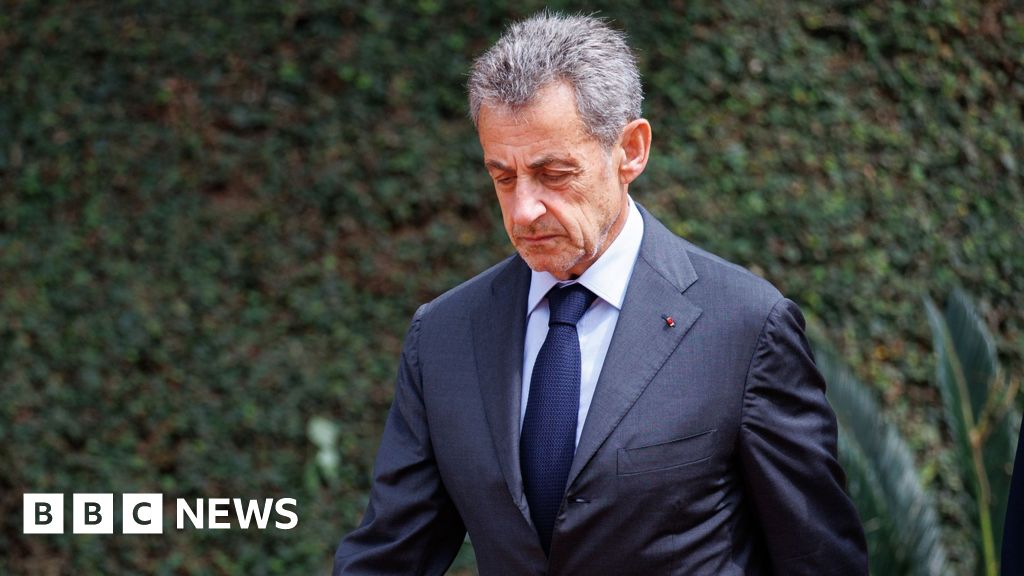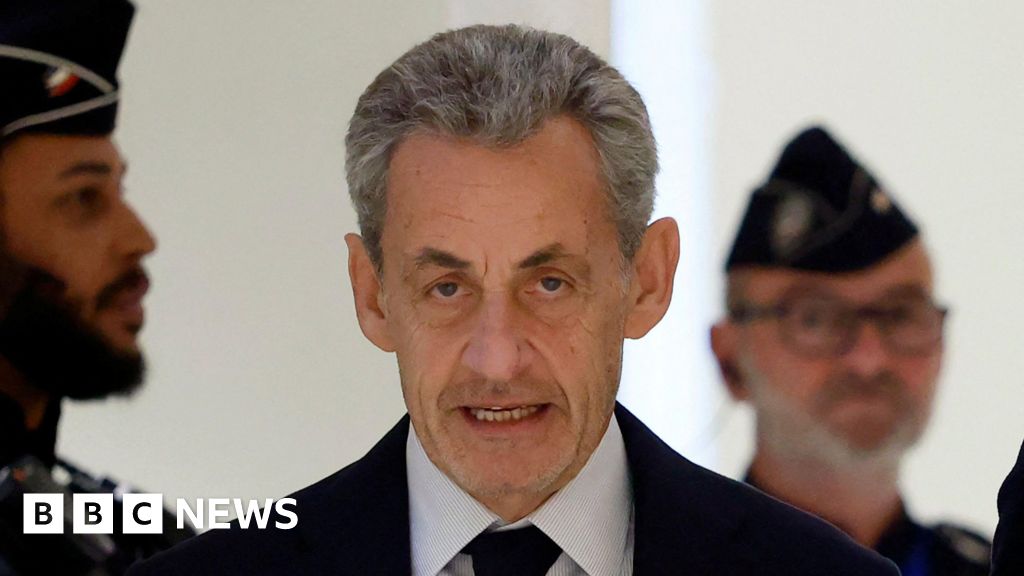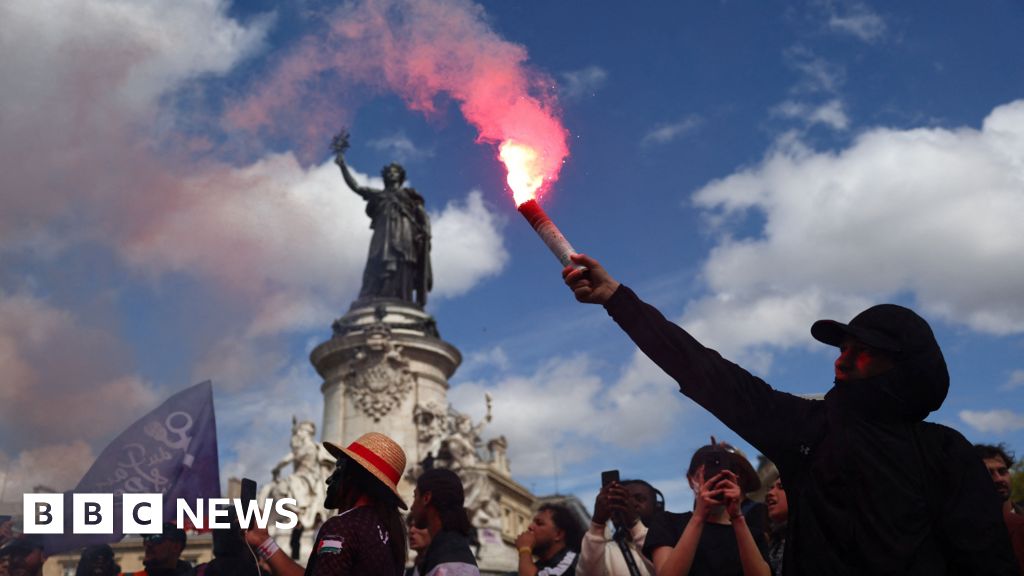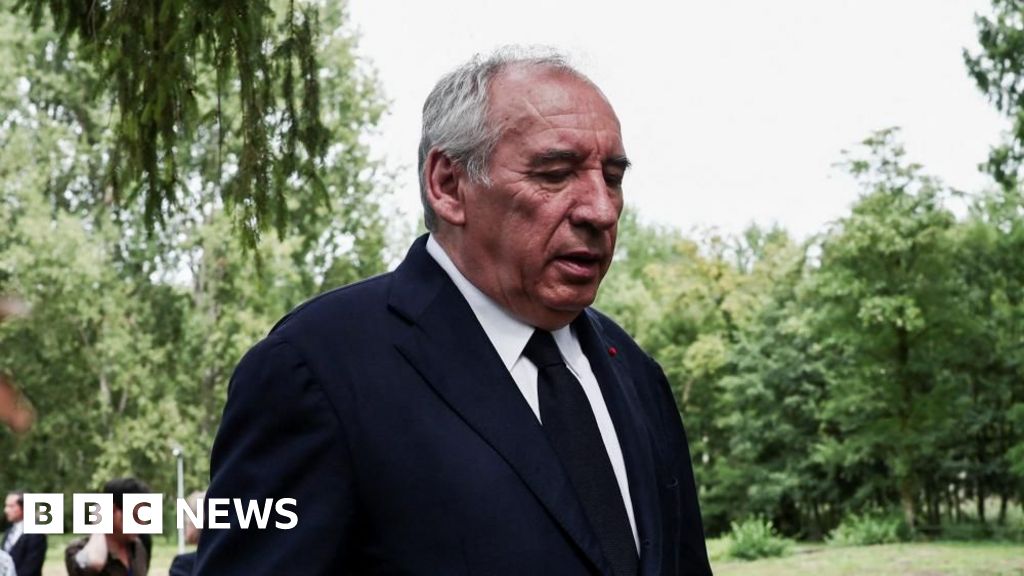The Conviction of Sarkozy: A Nation Divided

The Conviction of Sarkozy: A Nation Divided
Former French President Nicolas Sarkozy has once again found himself in the spotlight, but this time, for all the wrong reasons. After a lengthy legal battle, Sarkozy has been convicted and sentenced to three years in prison for corruption and influence peddling. This news has reignited the political divide in France, with supporters of Sarkozy decrying the verdict as a political witch-hunt while his detractors see it as a long-awaited victory for justice.
The Long Road to Conviction
Sarkozy's legal troubles began in 2011 when he was accused of accepting illegal campaign contributions from the late Libyan leader Muammar Gaddafi. The investigation, dubbed the "Bismuth Affair," uncovered wiretapped conversations between Sarkozy and his lawyer discussing ways to obtain confidential information from a judge. This ultimately led to the conviction and sentencing of both Sarkozy and his lawyer. Despite his numerous appeals, the former president has now been found guilty and faces a potential jail sentence.
The Impact on France
While the verdict has brought a sense of closure to those who have long accused Sarkozy of corruption, it has also sparked a fierce debate in France. Many of Sarkozy's supporters believe he has been unfairly targeted by the judicial system, while others see the conviction as a sign of progress in fighting political
About the People Mentioned
Nicolas Sarkozy
Nicolas Sarkozy, born in Paris in 1955 to a Hungarian immigrant father and a French mother of Greek Jewish heritage, is a French politician and lawyer who served as President of France from 2007 to 2012.[1][2][3] He qualified as a lawyer in 1981 after studying political science at the Institut d'Études Politiques in Paris and began his career as a councilor in Neuilly-sur-Seine in 1977, becoming mayor there from 1983 to 2002.[1][3][4] Sarkozy held key government roles under conservative administrations, including Budget Minister and spokesperson (1993–1995), Interior Minister (2002–2004 and 2005–2007), and Finance Minister (2004–2005).[1][3][4] He led the Union for a Popular Movement (UMP) party from 2004 to 2007 and rebranded it as Les Républicains in 2015.[1][3] In 2007, he won the presidential election, defeating Socialist Ségolène Royal with 53% of the vote in the runoff, promising economic reforms like tax cuts, labor market liberalization, and closer U.S. ties.[1][3][4] Early achievements included tax relief on overtime, restrictions on strikes, and a constitutional limit to two presidential terms.[1] As president and ex officio Co-Prince of Andorra, Sarkozy advanced conservative policies on immigration and security, including a burqa ban.[6] He married singer Carla Bruni in 2008.[4] Post-presidency, he ran unsuccessfully in the 2016 Republican primary.[1] In recent years, Sarkozy faced legal challenges, becoming modern France's first former leader incarcerated following a 2025 conviction, marking a stark decline for the once-energetic figure nicknamed "President Bling-Bling."[6] He remains a polarizing conservative voice.[1][6]
About the Organizations Mentioned
World Health Organization
The World Health Organization (WHO) is a specialized agency of the United Nations, established in 1948, with a mandate to promote global health, coordinate international responses to public health threats, and set standards for health policies and interventions[2]. Headquartered in Geneva, Switzerland, WHO operates in over 150 countries, working with governments, NGOs, and other partners to advance health equity, strengthen health systems, and respond to health emergencies. ## What WHO Does WHO’s core activities include monitoring global health trends, setting international health standards, providing technical assistance to countries, and serving as a forum for scientific and policy discussions on health issues[2]. The organization publishes influential reports such as the annual **World Health Statistics**, which tracks progress toward Sustainable Development Goals (SDGs) and provides a global “health report card”[1][8]. WHO also maintains the Model List of Essential Medicines, guiding countries on which drugs are most critical for public health[7]. In addition, WHO leads global campaigns on issues ranging from infectious disease eradication to noncommunicable diseases (NCDs), maternal and child health, and health emergencies[2][6]. ## History and Key Achievements WHO’s history is marked by landmark achievements, including the eradication of smallpox, near-eradication of polio, and the development of an Ebola vaccine[2]. The organization played a pivotal role in responding to the COVID-19 pandemic, coordinating global research, vaccine distribution, and public health guidance. In May 2025, WHO member states adopted the world’s first **Pandemic Agreement**, a historic step to improve international coordination and equity in future health crises[4]. WHO also spearheads initiatives like the Triple Billion Targets (healthier lives, universal health coverage, and protection from health emergencies) and technical policy packages targeting tobacco, alcohol, salt, and trans fat reduction[1][2]. ## Current Status and Notable Aspects WHO is currently implementing its **Fou
















